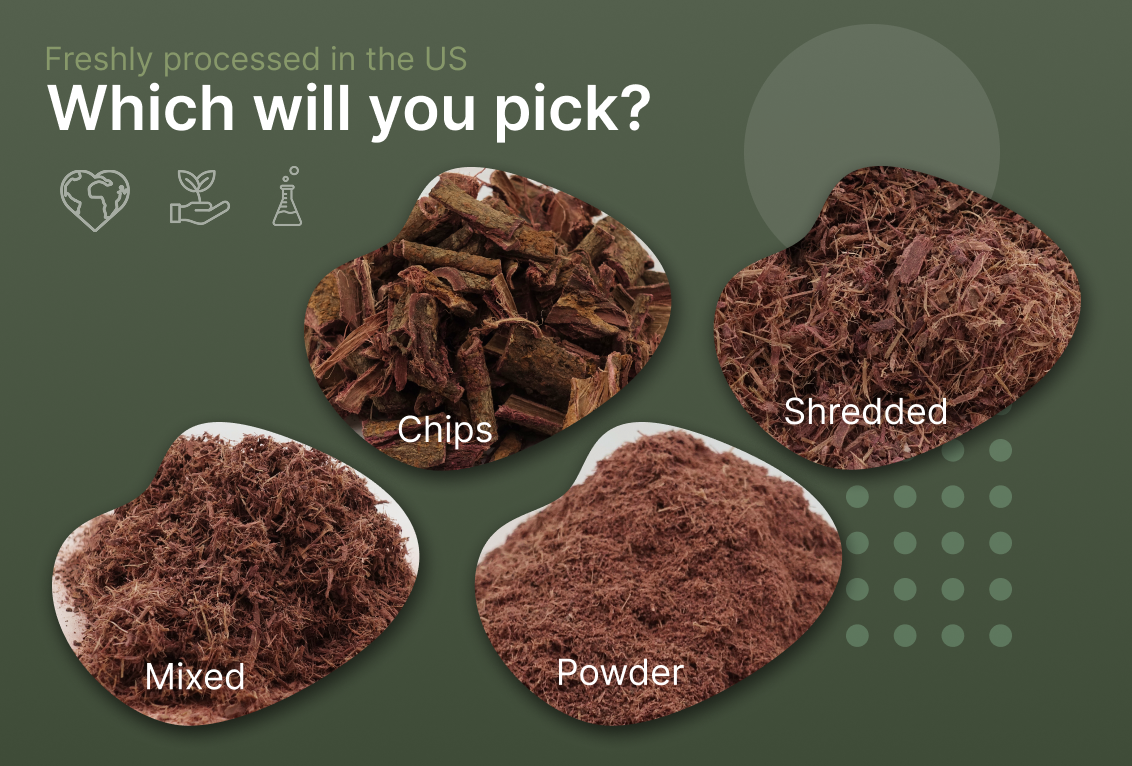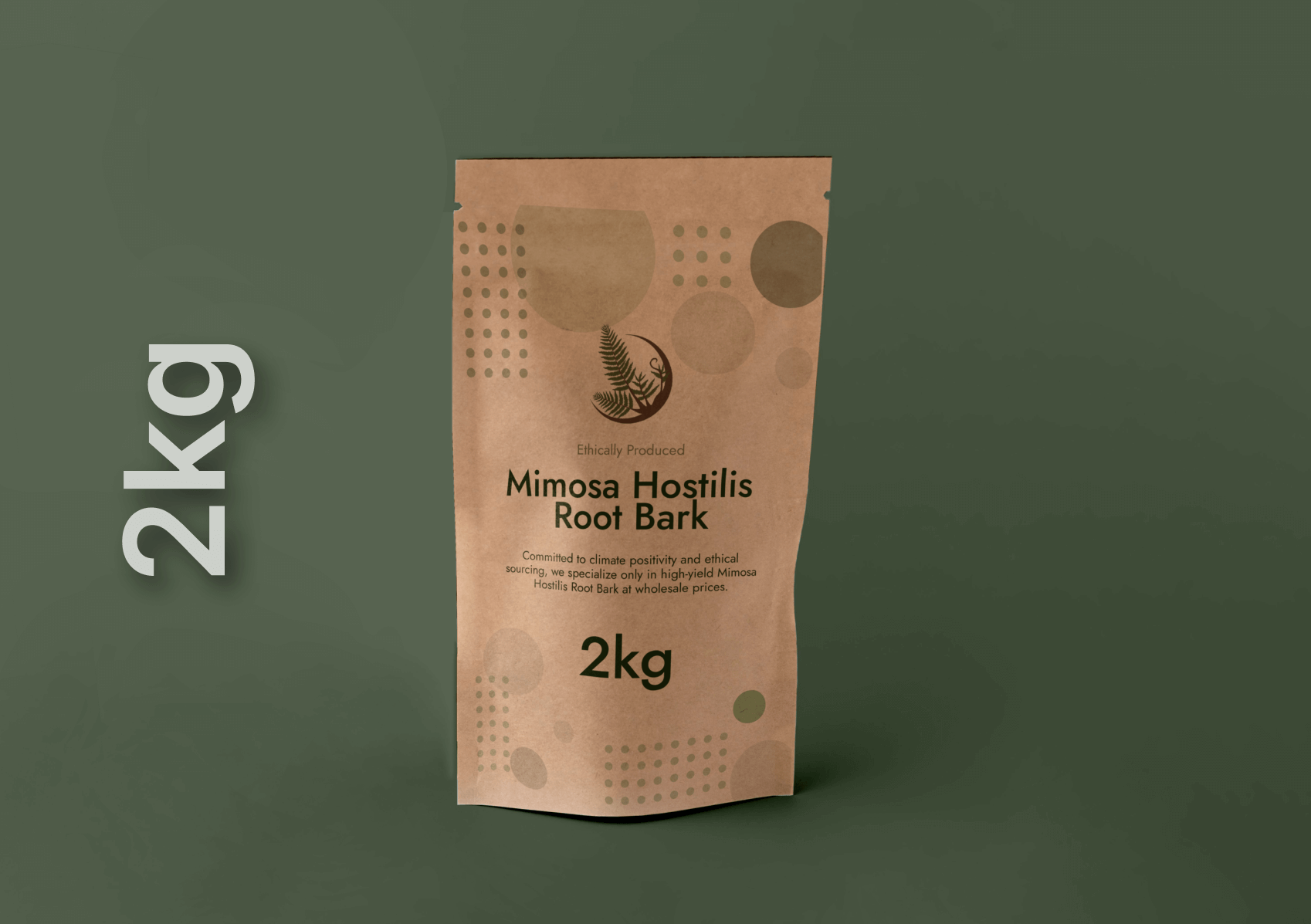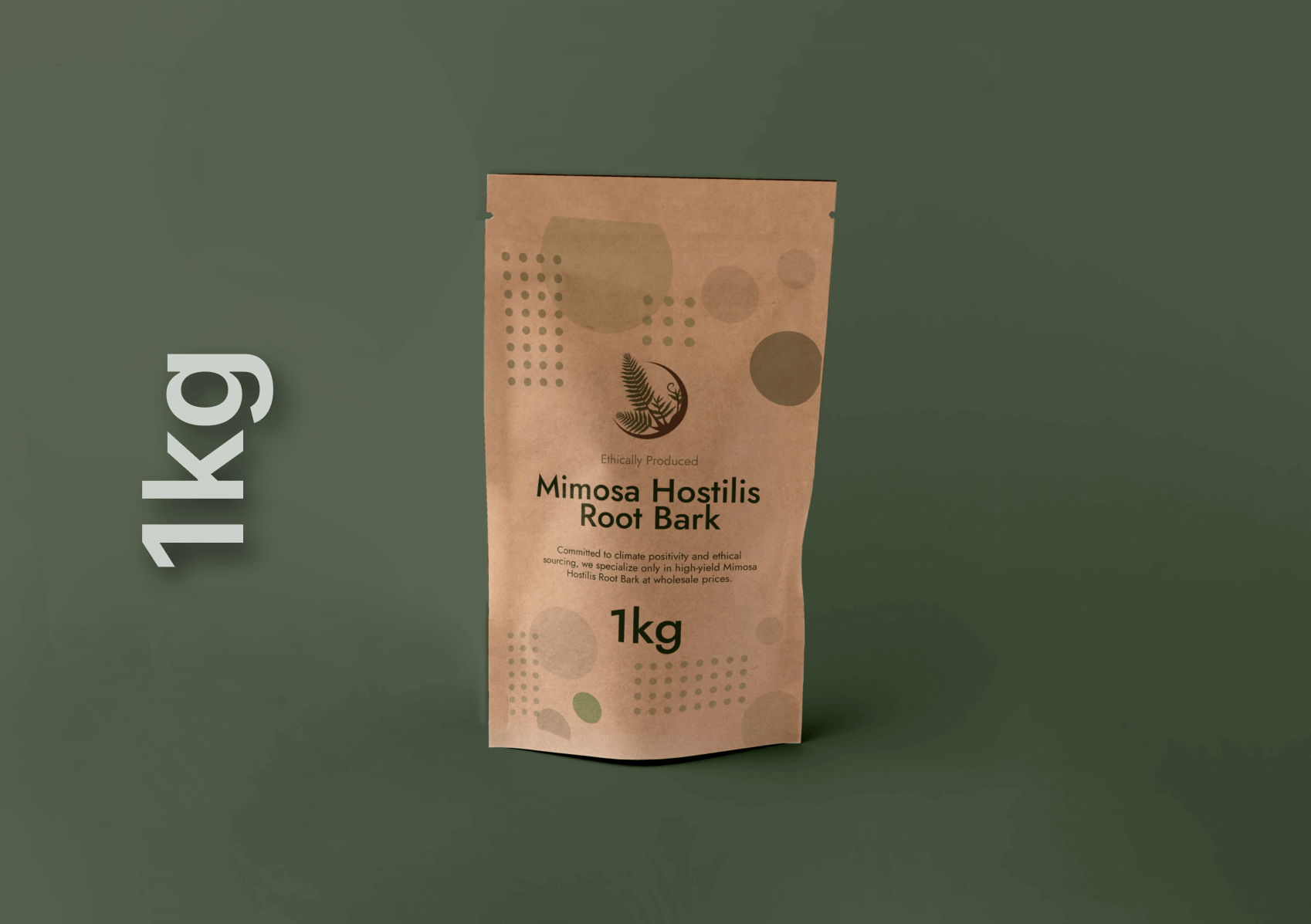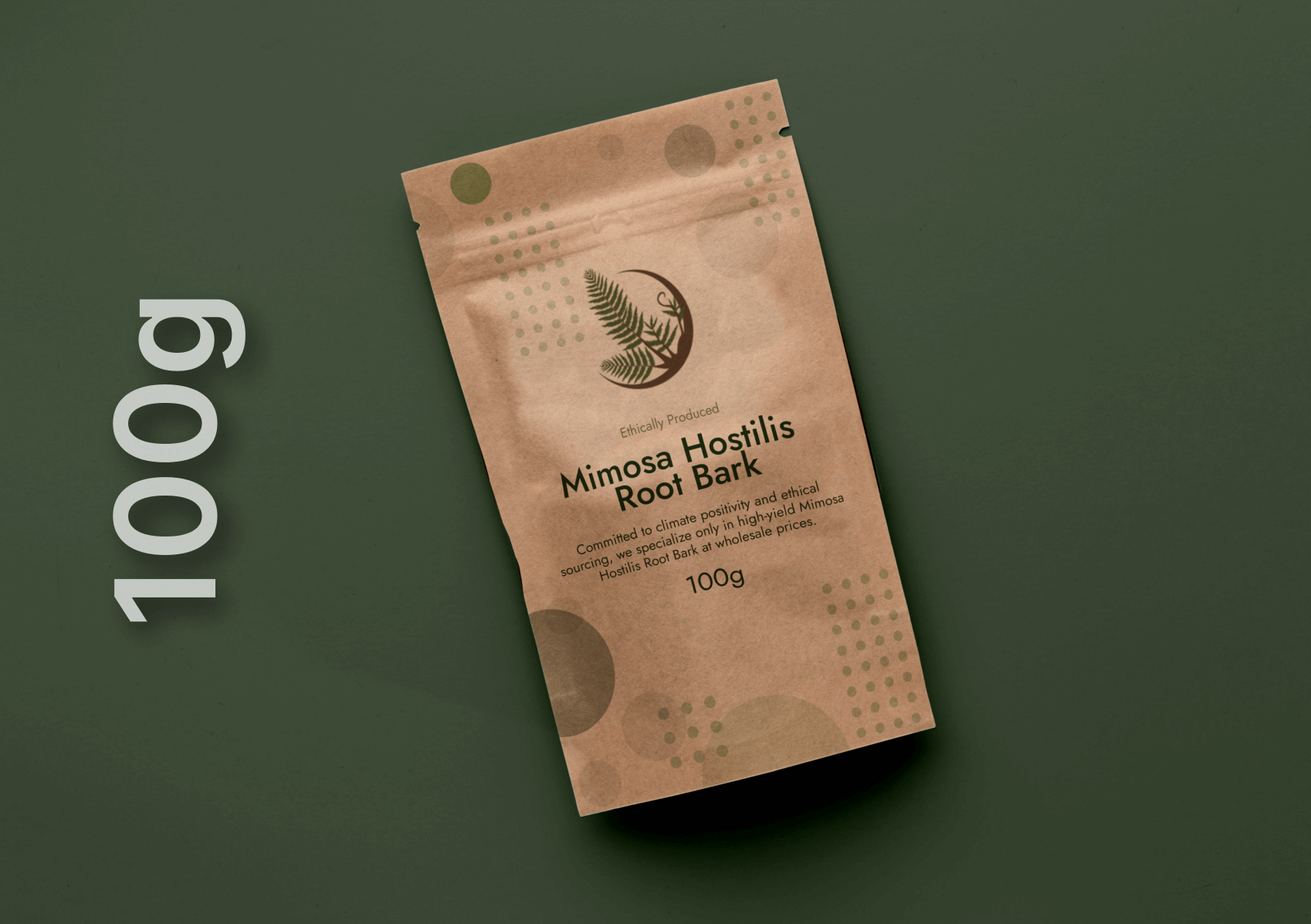Purchasing bulk Mimosa Hostilis root bark powder requires a careful eye for quality, authenticity, and safety. With the current digital and interconnected marketplace, many buyers end up becoming an easy prey for traps that not only compromise the integrity of the product but also business failure. This comprehensive guide details the five most common mistakes encountered when buying Mimosa Hostilis root bark powder in bulk and provides useful advice on how to keep them away. Meant for executives, procurement experts, and industry practitioners, this piece presents a strategic roadmap to enable informed decisions and obtain top-tier products on a consistent basis.
Learning about Mimosa Hostilis Root Bark Powder: The Source Value
What is Mimosa Hostilis?
Mimosa Hostilis is a plant recognized for its intense cultural heritage as well as bio active properties, and it’s commonly applied in traditional medicine as well as ceremonial uses. Its root bark powder has a variety of therapeutic compounds that have been valued across generations. For businesses, information on the chemical profile, procurement process, and demand in the market is critical. Bulk Mimosa Hostilis root bark powder is typically desired due to its high concentration of active compounds and application in various uses such as pharmaceutical research and natural health supplements.
Key Benefits of Quality Mimosa Hostilis Root Bark Powder
- Therapeutic Properties: It possesses anti-inflammatory, antimicrobial, and antioxidant properties, which are some of the reasons why it’s a popular ingredient in alternative medicine.
- Cultural Significance: Utilized previously in native ceremonies, its application in today’s health foods is an appeal to a broad customer base.
- High Market Demand: With more curiosity for natural and organic supplements, businesses that retail confirmed, top-notch bulk powder have the ability to win market share.
Common Mistake #1: Failing to verify vendors
The Importance of Verifying Your Supplier
One of the most critical mistakes in purchasing is choosing a vendor based solely on price. Vendor verification must include scrutiny of the supplier’s reputation, product testing protocols, and compliance with regulatory requirements. With bulk organic products, an irresistible price usually masks inferior products or even adulteration.
Effective Vendor Verification Strategies
- Conduct In-Depth Research: Identify suppliers like mimosa hostilis shop with a very high success record, and demand open data on their sourcing and production process.
- Get Third-Party Lab Tests: Demand that the Mimosa Hostilis root bark powder has been extensively tested for strength, consistency, and purity.
- Check Regulatory Compliance: Confirm that the supplier is regulated by local and international standards. This confirms the product maintains very high safety and effectiveness levels.
Common Mistake #2: Not Verifying Product Authenticity
Assessing the Authenticity of Mimosa Hostilis
The authenticity of bulk Mimosa Hostilis root bark powder is most crucial. Impure or imitation powders not only reduce the intended effects but also present potential safety risks. Assessing the authenticity of both its origin and extraction process differentiates genuine Mimosa Hostilis from imitations.
How to Identify Authentic Products
- Provenance and Sourcing: Authentic products should have traceable origin. Reliable vendors provide detailed descriptions on the origin of their Mimosa Hostilis.
- Production Techniques: Reliable processing methods ensure that active constituents are preserved without harmful additives.
- Certifications and Documentation: There should be certifications from reputable agencies that attest to the product’s authenticity and quality.
Common Mistake #3: Inadequate Storage and Handling Practices
The Impact of Storage on Product Integrity
Even high-quality Hostilis Mimosa root bark powder will spoil if improperly stored. Environmental conditions such as temperature, humidity, and light all play vital roles in product stability and potency.
Handling and Storage Best Practices
- Temperature Control: Store the powder in a cool, dry environment to ensure chemical stability.
- Humidity Factors: Keep the powder in sealed, dry containers to prevent clumping and deterioration.
- Light Exposure: Keep the powder in dark or opaque containers to reverse the light effects, which deteriorate sensitive compounds.
- Regular Quality Checks: Inspect stored products regularly and retest for efficacy to prevent potential quality issues.
Common Error #4: Lack of Understanding Regarding the Intended Use of the Product
Aligning Product Specifications With End Goals
Before purchasing bulk Mimosa Hostilis root bark powder, it’s vital to have a clear plan on the use of the product. Buyers mistake the market by not matching the product specifications to the application purpose. For example, MHRB powder for medicinal extraction requires a higher purity compared to one that is intended for use in academic work or other secondary applications.
Tips to Ensure Appropriate Product Use
- Identify the End-User: Regardless of whether the product is headed to pharmaceutical use, health supplements, or research use in academia, specific requirements must inform your bulk purchase.
- Determine Necessary Purity Levels: Products intended for clinical or health use tend to need high levels of purity and may require special processing.
- Consult Specialists: Seek out industry professionals to ensure your bulk purchase will meet all the technical specifications it needs to in order to work as intended.
Common Mistake #5: Downplaying the Role of Effective Communication
Role of Communication in Mass Procurement
Communication with suppliers is important in avoiding any misconceptions and ensuring specifications for the product are met. In mass buying, every detail counts—from the batch uniformity to the packaging requirement, delivery timetable, and the returns policy.
Process to Enhance Communication with Suppliers
- Set Clear Expectations: Clearly lay out all your technical specifications and quality standards upfront.
- Make Regular Follow-Ups: Maintain an open channel of communication throughout the procurement process. Regular updates on production and delivery can prevent last-minute shocks.
- Negotiate Contractual Terms: Negotiate terms that protect your purchase, such as product quality assurances, dispute resolution mechanisms, and easy return conditions.
Steps to Secure Your Bulk Purchase
Step 1: Extensive Market Research
Conduct a detailed study of the market prior to making any purchase decision. Get to know the current industry trends, price fluctuations, and reputation of various suppliers. Keeping complete market knowledge handy will form a solid foundation for negotiating the best deal.
Step 2: Verify Product Claims
Whenever you receive product documentation from a potential supplier, verify each claim. Cross-check lab reports, authenticity certificates, and customer testimonials to ensure the genuineness of the product. Verification prevents brand image compromise on quality and protects your investment.
Step 3: Establish Quality Standards
Create a comprehensive checklist with all the quality parameters specific to M Hostilis root bark powder. These are concentration of the compounds, extraction methods, and packaging specifications. Having quantifiable quality standards facilitates the ability to have uniform, reliable evaluation of each batch received.
Long-Term Supplier Relationship Consistency
Building Trust When you identify a good vendor, try to establish a long-term, symbiotic relationship. Open communication and constant quality are the foundations of a successful supplier partnership. Make sure that you have clearly defined expectations, and provide constant feedback so that the vendor is always in sync with your operational standards.
Benefits of Long-Term Relationships
- Price Stability: A long-term relationship will be more likely to yield better price terms due to repeat business.
- Enhanced Quality Control: Frequent, repeated transactions build trust and lead to improved product uniformity.
- Priority Service: Reliable, long-standing suppliers are more likely to provide priority service in times of stress or unexpected disruption.
- Innovation and Collaboration: A long-term relationship with your supplier could also lead to co-development opportunities for new products engineered to meet market needs.
Risk Management Strategies
Achieving Product Safety and Compliance
Having proper risk mitigation controls while dealing with bulk organic products is important. Audits, spot checks, and independent lab testing can help identify discrepancies at an early stage in procurement. All the batches must be certified to global standards and comply with health and safety regulations.
Documentation and Traceability
All dealings should be well documented. Not only do they facilitate easier future dealings, but they also provide a paper trail of accountability that can be priceless in resolving any quality issues. Records should include:
- Batch numbers and production dates
- Comprehensive laboratory test results
- Documentation of correspondence with the supplier
- Shipping and receipt reports
Conclusion: Making Smart Purchasing Decisions
Buying Mimosa Hostilis root bark powder effectively hinges on an educated, structured process. Avoiding the pitfalls of typical mistakes such as ignoring vendor verification, disregarding product ingenuity, mismanaging storage space, misunderstanding the purpose intended, and underestimating communication—you will get a product of your high standards. With comprehensive research, intensive quality assurance, and extended supplier connections, your business will thrive in offering quality-top, wholesale Mimosa Hostilis root bark powder.
Investment in quality products and open vendor relations creates a bedrock of excellence and confidence that is critical in today’s competitive marketplace. By following these comprehensive guidelines, you are assured of not only a purchase, but a business transaction that elevates your firm’s reputation and provides for sustained growth.




